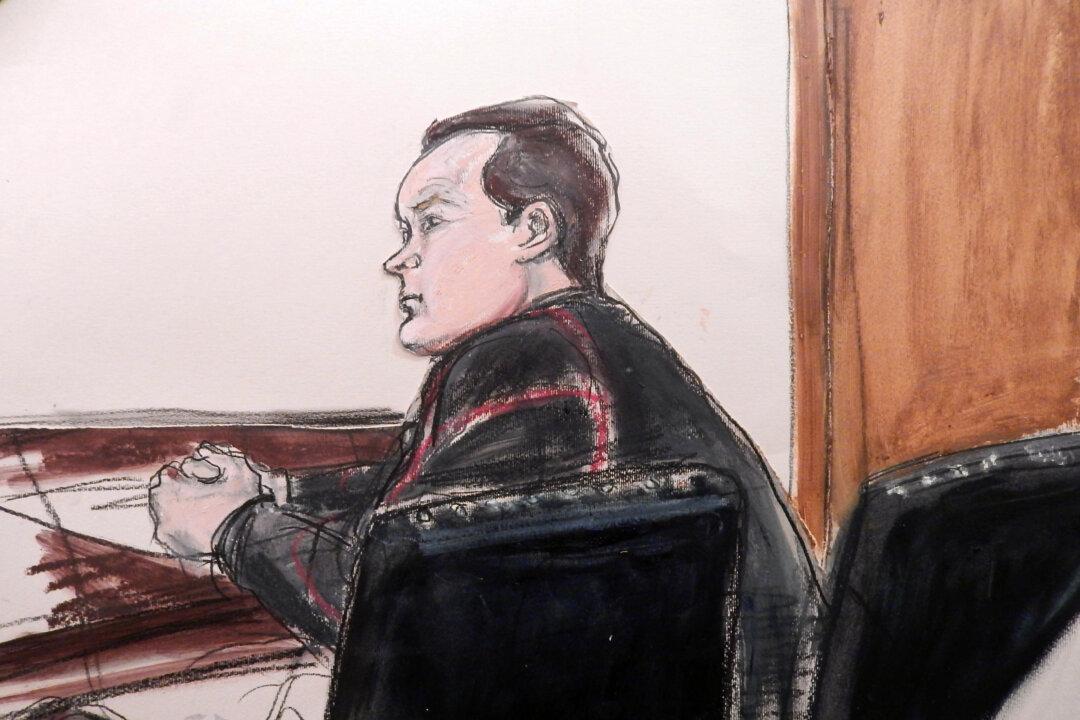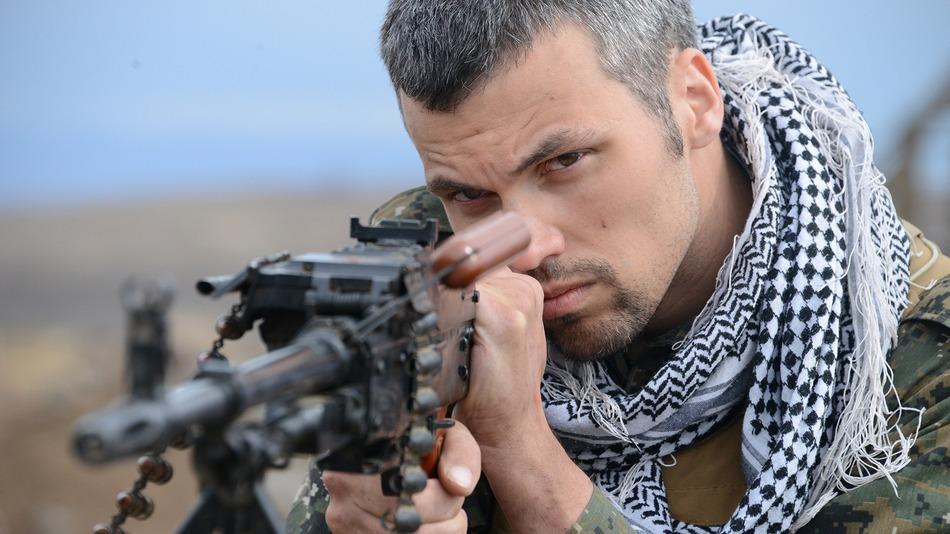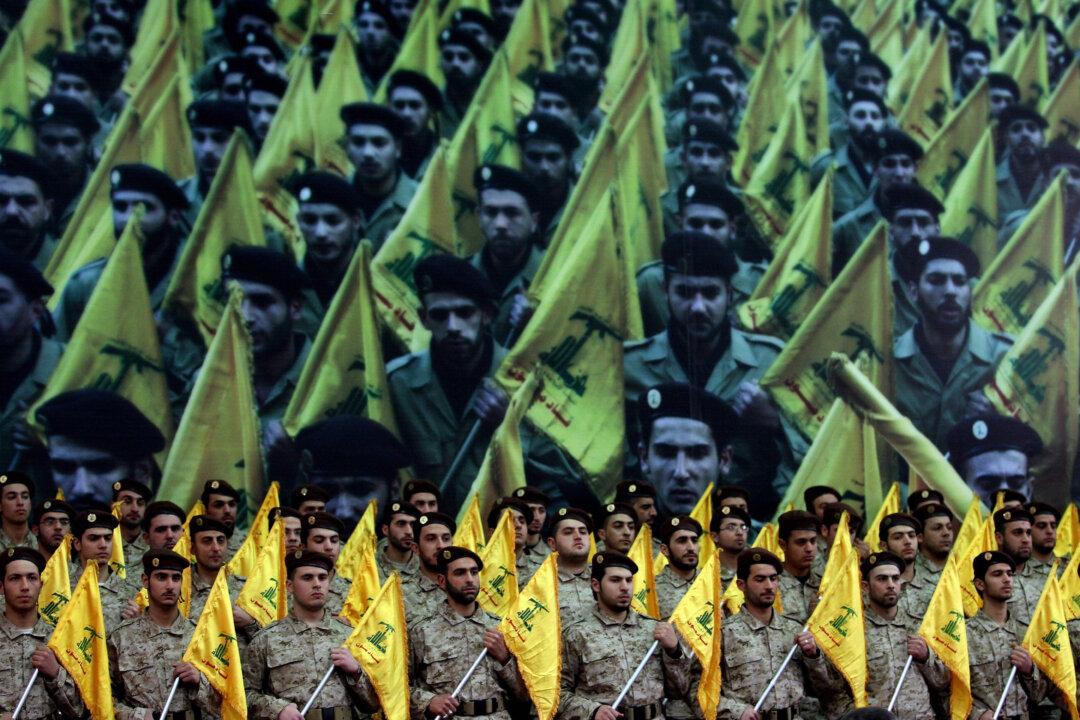Three Russian citizens who lived in the United States for years as spies were unremarkable to the casual observer. Yet in the end, they were all in court on Monday accused of being connected to one another through a Cold War-style spy ring.
The defendants, Evgeny Buryakov, Igor Sporyshev, and Victor Podobnyy, lived and worked in New York City under the direction of the Russian government. In addition to passing messages and one another, they also worked to recruit others and gather sensitive economic intelligence on behalf of the Russian government. Some of their work was done at an undisclosed university in the city.
Sporyshev and Podobnyy, the purported ringleaders, tried to recruit U.S. residents from major companies and numerous young women connected to a “major university” in New York, according to court documents.




